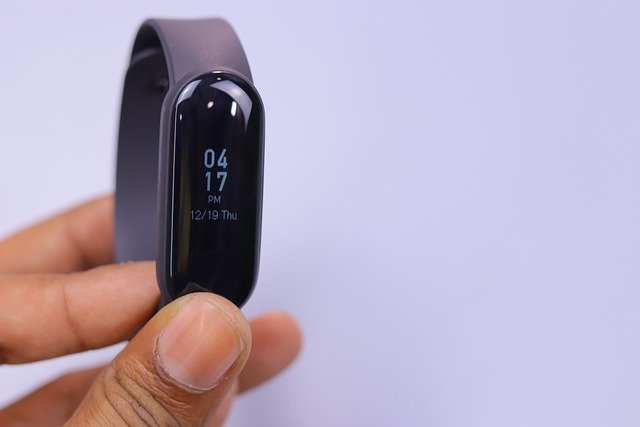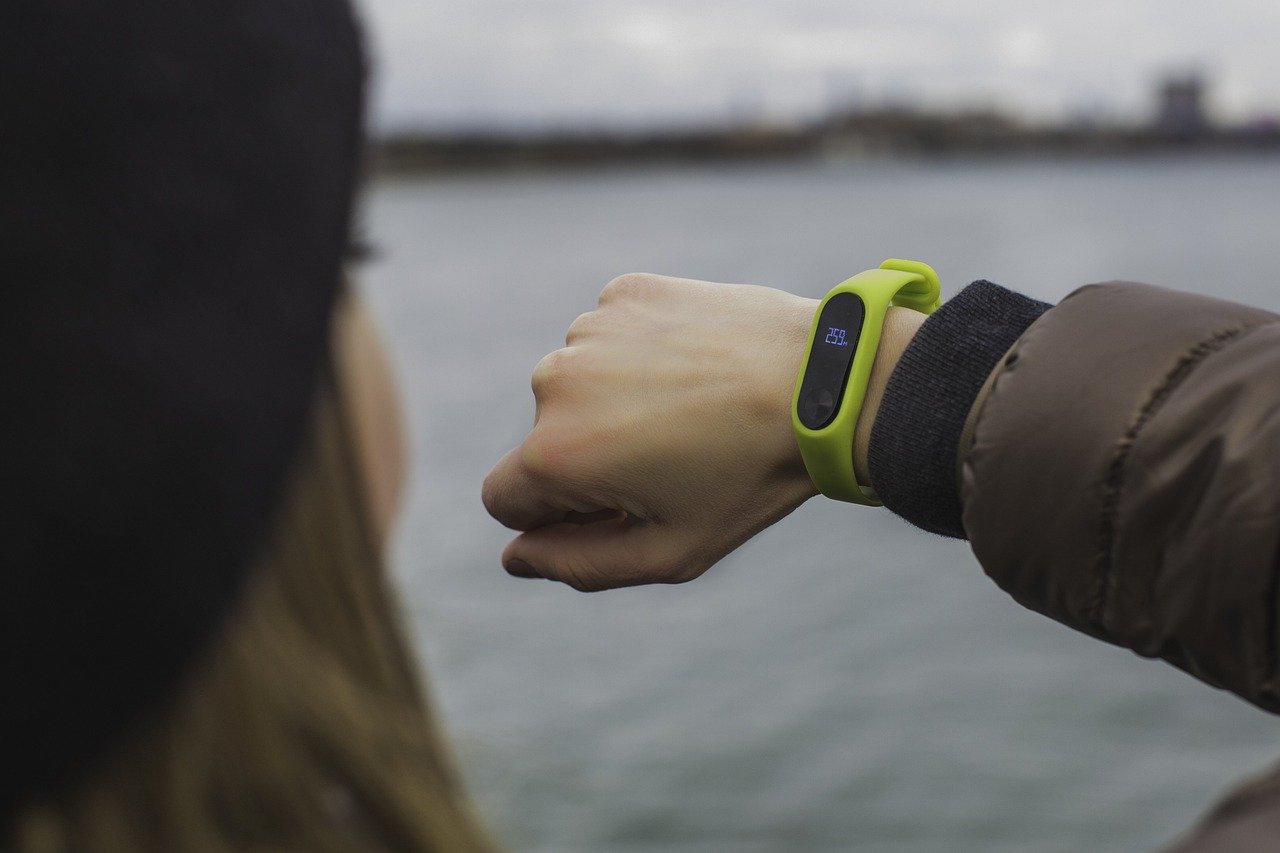The Evolution of Workout Tracker Apps: Empowering Fitness and Accountability
In today’s fast-paced world, where health and fitness are increasingly prioritized, workout tracker apps have become indispensable tools for individuals striving to achieve their fitness goals. These apps harness the power of technology to provide users with personalized workout plans, real-time performance tracking, and motivational support, thereby revolutionizing the way people approach exercise and fitness. From beginners seeking structure to seasoned athletes aiming for peak performance, workout tracker apps cater to a diverse range of needs, promoting consistency, progress, and overall well-being.
The Rise of Workout Tracker Apps
Workout tracker apps have evolved significantly from simple logging tools to comprehensive fitness companions that offer a wide array of features designed to enhance the user experience and optimize results. Initially, these apps primarily served as digital journals for recording workout sessions and progress. However, advancements in mobile technology, coupled with insights from sports science and user feedback, have transformed workout tracker apps into sophisticated platforms that integrate personalized coaching, data analytics, and social engagement.
1. Personalization and Goal Setting:
- Modern workout tracker apps begin by assessing the user’s fitness level, goals, and preferences through interactive questionnaires or initial performance tests.
- Based on this information, personalized workout plans are generated, tailored to individual objectives such as weight loss, muscle gain, endurance improvement, or specific sport-related goals.
2. Comprehensive Exercise Libraries:
- These apps boast extensive libraries of exercises categorized by muscle group, equipment availability, and exercise type (e.g., strength training, cardio, flexibility).
- Users can explore new exercises, learn proper techniques through instructional videos, and customize their routines to suit their preferences and capabilities.
3. Real-Time Tracking and Performance Analysis:
- Integration with wearable fitness devices enables real-time tracking of key metrics such as heart rate, calories burned, distance covered, and workout intensity.
- Performance analysis features provide users with insights into their progress over time, identifying trends, strengths, and areas for improvement.
Key Features and Benefits
Workout tracker apps offer a range of features designed to enhance motivation, accountability, and overall fitness outcomes. Here are some key features and benefits that highlight their impact:
1. Accountability and Motivation:
- Built-in reminders and scheduling functionalities help users stay consistent with their workout routines, reducing the likelihood of skipping sessions.
- Progress tracking and goal achievement milestones motivate users by showcasing their accomplishments and encouraging them to push further.
2. Customization and Flexibility:
- Users have the flexibility to create and modify their workout plans based on changing goals, preferences, and schedules.
- Adjustable intensity levels and workout durations accommodate varying fitness levels and time constraints, ensuring workouts remain challenging yet achievable.
3. Community and Social Engagement:
- Many workout tracker apps incorporate social features that enable users to connect with friends, join fitness challenges, and share their progress.
- Peer support and virtual communities foster a sense of camaraderie, accountability, and healthy competition among users.
Impact on Fitness and Well-being
The adoption of workout tracker apps has had a profound impact on user fitness and overall well-being, offering tangible benefits that extend beyond physical improvements:
1. Improved Physical Fitness:
- Consistent use of workout tracker apps results in improved strength, endurance, flexibility, and cardiovascular health.
- Structured workout plans and progressive overload techniques optimize training effectiveness, leading to measurable gains in fitness levels.
2. Enhanced Mental Well-being:
- Regular exercise supported by workout tracker apps has been linked to reduced stress levels, improved mood, and enhanced cognitive function.
- Goal setting and achievement provide a sense of accomplishment and boost self-esteem, contributing to overall mental resilience.

3. Long-term Health Benefits:
- By promoting regular physical activity and healthy lifestyle habits, workout tracker apps help reduce the risk of chronic diseases such as obesity, diabetes, and cardiovascular disorders.
- Comprehensive health tracking features, including sleep monitoring and nutritional guidance, support holistic health management and disease prevention.
Challenges and Future Trends
Despite their many benefits, workout tracker apps face challenges such as user retention, data privacy concerns, and the need for continuous innovation to maintain relevance. Looking ahead, several trends are shaping the future of these apps:
1. Integration of Artificial Intelligence (AI) and Machine Learning (ML):
- AI algorithms will enhance workout tracker apps by analyzing user data to provide personalized recommendations for exercise intensity, volume, and recovery.
- ML models will predict user behavior patterns, offering insights into optimal workout scheduling and adaptation based on individual responses.
2. Virtual Reality (VR) and Augmented Reality (AR) Integration:
- VR and AR technologies will revolutionize workout experiences by offering immersive environments, virtual trainers, and interactive coaching sessions.
- These technologies will enhance engagement and realism, making workouts more enjoyable and effective for users.
3. Expansion into Holistic Health Management:
- Workout tracker apps will broaden their focus beyond exercise to encompass holistic health management, integrating features for stress management, mindfulness, and nutritional guidance.
- Collaboration with healthcare providers and integration with medical data will facilitate personalized health recommendations and early intervention strategies.
Conclusion
Workout tracker apps represent a significant advancement in fitness technology, empowering users to take control of their health and fitness journeys with personalized guidance, real-time feedback, and social support. By leveraging the capabilities of mobile devices and wearable technology, these apps promote consistency, motivation, and accountability, ultimately facilitating long-term behavior change and sustainable fitness habits. As workout tracker apps continue to evolve and innovate, their potential to inspire and enable individuals of all fitness levels to achieve their goals remains unparalleled. Embracing these advancements not only enhances physical fitness but also contributes to a healthier, more active lifestyle that improves overall quality of life.




